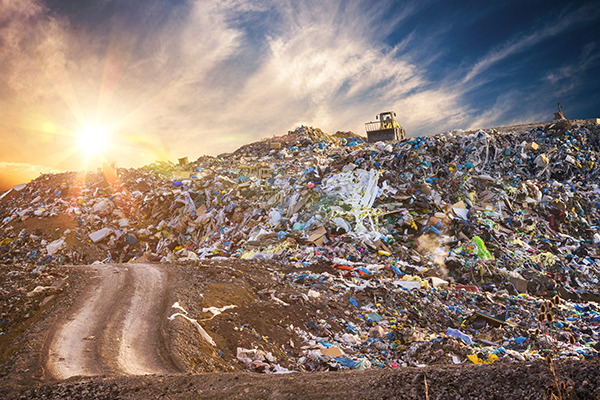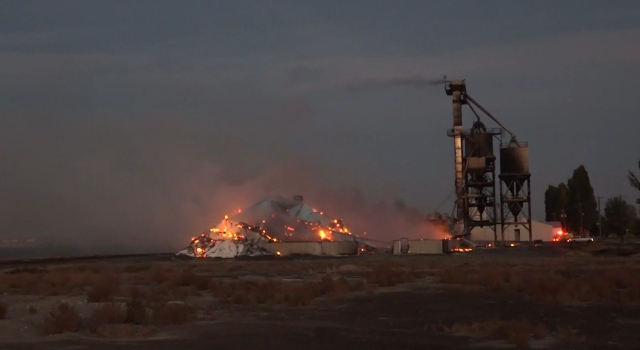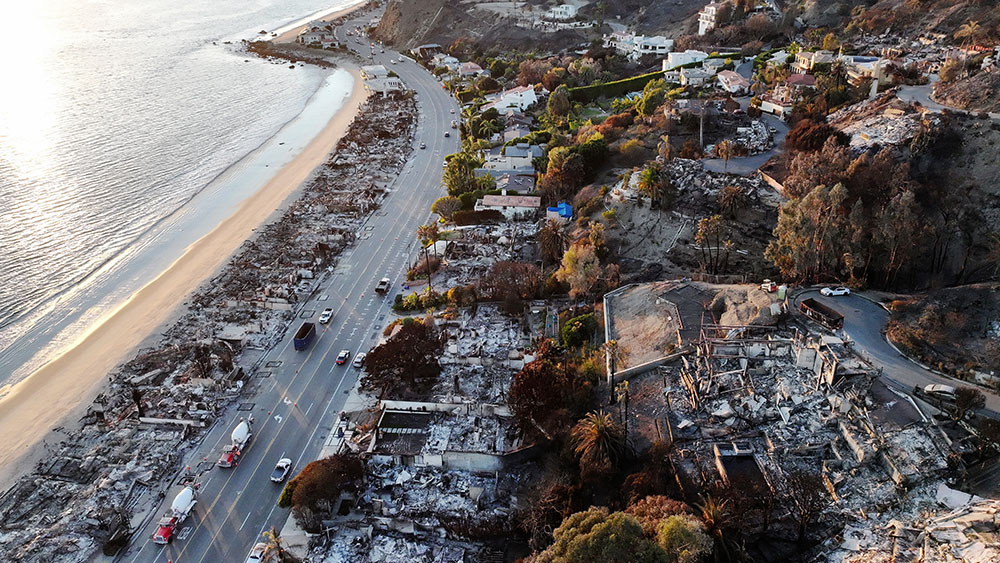How rich nations poison the Global South
02/20/2025 / By Willow Tohi

- Wealthy nations are exporting toxic waste to less developed countries due to lax environmental regulations and lower disposal costs, perpetuating colonial-era exploitation.
- The practice of dumping toxic waste in African territories during colonial times has continued into the 21st century, with examples like the 1987-1988 Koko, Nigeria incident, where over 3,884 tons of hazardous waste were illegally imported.
- The cost disparity in waste disposal between the Global North and Global South is significant, with disposal costs in the Global North ranging from 400 to over 2,000 per ton, compared to a fraction of that in the Global South.
- The Global North’s hypocrisy is exemplified by the “Lawrence Summers principle,” which advocates for relocating “dirty industries” to Least Developed Countries (LDCs) for cheaper disposal, despite severe health impacts, such as those documented at the Agbogbloshie e-waste site in Ghana.
- Addressing waste colonialism requires action from both the Global North and African leaders. The African Union (AU) must enforce its resolutions and hold member states accountable for environmental and health consequences, recognizing toxic waste dumping as a crime against humanity.
In a world where the moral high ground on environmental issues is often claimed by the Global North, a deeply unsettling reality has come to light: wealthy nations are poisoning the Global South with their toxic waste. This practice, known as waste colonialism, involves the transboundary disposal of hazardous materials from affluent countries to less developed ones, where environmental regulations are often lax, and the cost of disposal is a fraction of what it would be at home.
Historical context underscores why this issue is not just an environmental concern but a continuation of colonial practices. During the independence movements in Africa, the fight was not just for political sovereignty but for control over land and resources. However, as African nations gained independence, they soon realized that colonialism had also involved using their territories as dumping grounds for toxic waste. This form of exploitation has continued into the 21st century, despite international condemnation and resolutions.
The cost of disposal: A tale of inequality
The economic logic of waste disposal is starkly illustrated by the cost disparity between the Global North and the Global South. In the 1980s, the average cost of disposing of one ton of hazardous waste in Africa ranged from
2.50 to 50, while in the Global North, it was between 100 and 2,000. This disparity persists today, with current costs in the Global North exceeding $400 per ton, while in the Global South, it remains a tenth of that.
One of the most egregious examples of this exploitative practice is the 1987-1988 incident in Koko, Nigeria. Two Italian nationals, using a front company, imported over 3,884 tons of hazardous toxic waste, falsely labeled as fertilizer, into Nigeria. The Nigerian farmer who agreed to store the waste on his property was paid a meager $100 a month, while the Italian company likely made millions. The waste caused severe health issues, including stomach upset, headaches and even death, leading to the evacuation of 500 residents.
The hypocrisy of the Global North
The moral and economic hypocrisy of this practice is starkly highlighted by the so-called “Lawrence Summers principle.” In a 1991 memo, Lawrence Summers, then Chief Economist of the World Bank, wrote, “Just between you and me, shouldn’t the World Bank be encouraging more migration of the dirty industries to the LDCs [Least Developed Countries]? A given amount of health impairing pollution should be done in the country with the lowest cost, which will be the country with the lowest wages.” Summers’ logic, while economically rational, is morally reprehensible, as it reduces human life to a financial equation.
This sentiment is echoed in the continuous flow of e-waste from the Global North to the Global South. According to the Global E-waste Monitor 2024, around 5.1 billion kg of used electronics are shipped internationally each year, with 65% of these movements being uncontrolled. The Agbogbloshie site in Ghana, once one of the largest e-waste hubs, was listed among the top 10 most polluted places in the world, with severe health impacts on local residents documented by the World Health Organization.
African complicity and the path forward
While the Global North bears significant responsibility for this environmental injustice, African leaders and officials have also played a role in perpetuating these practices. The allure of economic gain has often led to deals that prioritize short-term financial benefits over long-term environmental and human health. For example, in 1985, Sudan’s president agreed to receive high-level nuclear waste from West Germany, Austria and Sweden in exchange for $4 billion, though the deal did not materialize.
However, the responsibility does not end with individual leaders. The African Union (AU) must enforce its resolutions and hold member states accountable for the health and environmental well-being of their citizens. Article 4h of the AU’s constitution grants the right to intervene in member states facing grave circumstances such as war crimes, genocide and crimes against humanity. The continuous dumping of toxic waste should be considered a crime against humanity, and the AU should take decisive action to stop it.
Conclusion
The practice of waste colonialism is a stark reminder that imperialism has not ended; it has merely changed form. The Global North’s exploitation of the Global South through toxic waste dumping is a moral and environmental travesty that demands urgent attention. African nations must demand equal rates for waste disposal, and the international community must recognize and address the systemic inequalities that enable this exploitation. Only through collective action and a commitment to environmental justice can we hope to end this dark legacy and create a more equitable and sustainable world.
Sources include:
Submit a correction >>
Tagged Under:
big government, colonialism, conspiracy, corruption, Dangerous, Ecology, enslaved, environment, evil, hypocrisy, money supply, poison, toxic chemicals, toxic waste, toxins, truth, Twisted, Tyranny, unethical
This article may contain statements that reflect the opinion of the author
RECENT NEWS & ARTICLES
COPYRIGHT © 2017 ENVIRON NEWS



















